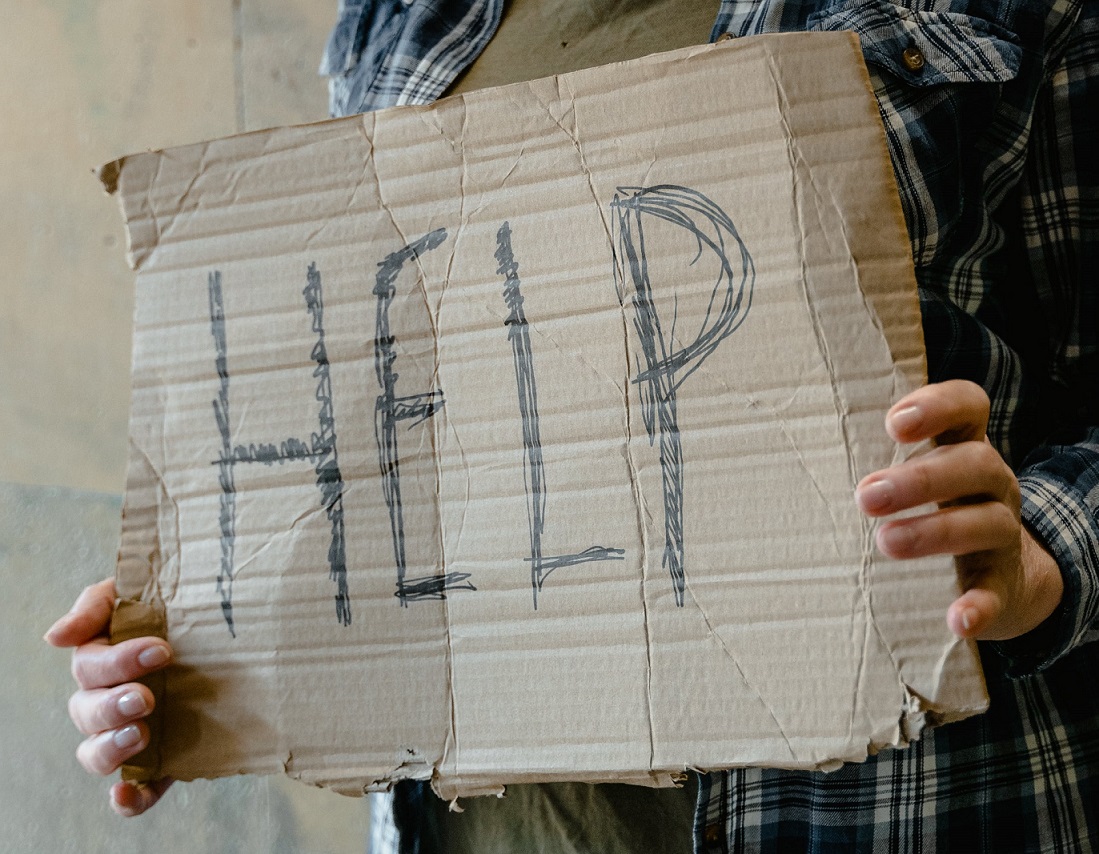
Nov. 24, 2023
BY JOHN BAILEY

“Hunger is a basic need. Everyone has to eat. Unfortunately, sometimes you’re faced with the decision of whether you eat or take care of other things. We don’t want that to be a decision anyone has to make.”
- Summer Jenkins, The Corner Table executive director
What does it look like for the 20,000+ Catawba County residents living in poverty?
- Not enough food?
- Not enough income?
- Not enough hope?
It’s all of this and more.
And no single non-profit or public agency can tackle all these issues, but the Catawba County United Way addresses many of them through the support of its community partners.
This November, the CCUW is taking the time to talk to some of its partners and learn what poverty looks like for the individuals and families they help – what are the key issues their programs address and what areas of improvement are needed to address this concern in Catawba County.
This series will tell the story of poverty from the point of view of those working on the front lines of this issue every day.
The Corner Table in Newton
Guests at The Corner Table face poverty for a wide range of reasons.
“A lot of the people we serve, they are low income, elderly on a fixed income or single parents,” Jenkins said. “We don’t see as many homeless guests, but those we do, what’s gotten them in the situation they’re in is either substance abuse or a mental health condition.
“But then again, we had one guest who was homeless, who was working two or three jobs, struggling just to make ends meet.”
The agency’s Community Kitchen serves hot meals to those in need five days a week, according to its website. Guests have the option to dine in or take their meals to go, and there is a frozen meals program.
On average The Corner Table feeds more than 246 people a day.
The Corner Table also operates The Backpack Program which serves children in local schools who face hunger on the weekends in Catawba and Alexander County. Each week school is in session, over 1,200 children receive a bag full of food weighing up to seven pounds.
For many, eating at The Corner Table is simply a way to stretch their already thin resources to help keep a roof over their head or to get the medicine they need to stay healthy.
Defining poverty
In 1964, President Lyndon Johnson declared a “war on poverty,” according to information at the U.S. Census Bureau.
The current official poverty measure was developed during that time by Mollie Orshansky, a staff economist at the Social Security Administration. The poverty level was based on the cost of a minimum food diet multiplied by three to account for other family expenses.
Federal poverty levels are used to determine eligibility for certain programs and benefits, including savings on Marketplace health insurance, and Medicaid and CHIP (children’s health insurance program) coverage, according to Healthcare.gov.
According to the NC Office of State Budget and Management, the 2021 estimate of persons in poverty in Catawba County was 20,118; families in poverty - 3,836, single mother families with children in poverty - 1,585; persons 65+ in poverty - 2,414.
Since 1964, the federal programs designed to address the issues of poverty have continued to grow, trying to keep pace with need, and the need for local non-profits to help fill in the gaps in services has grown as well.
Meeting them where they are
“We started just as a soup kitchen, and we see food as a way to get people through the doors. Once you get someone in here, you can find out what their other needs may be,” Jenkins said.
Over the years, The Corner Table has added services like the Backpack Program and more recently a community navigator who helps connect guests to other non-profit resources like financial assistance, referrals for substance abuse treatment and housing.
“Sometimes, we’re the first place someone comes when they need help. You don’t have to go through an application process, so it’s easier for them,” Jenkins said. “Being able to connect them to other resources in the community is as important as feeding them.”
While The Corner Table has built strong relationships with several other non-profits in Catawba County, sometimes helping someone comes down to geography.
“It’s not that there aren’t resources in the community, for us, it’s that there aren’t as many resources in the area we serve, Newton specifically,” Jenkins said.
Getting someone to and from another resource that might be 30 minutes or more away is a challenge. One solution being considered is bringing programs periodically to a central location in Newton.
“A good day, ideally, is the day we open the door and nobody is there to receive our services,” Jenkins said. “But honestly, it’s being able to identify someone’s need and being able to connect them to that next step.
“Everybody is just one event away from being in the same shoes as those in need.”
- Follow the series next week in the CCUW’s Friday newsletter.
